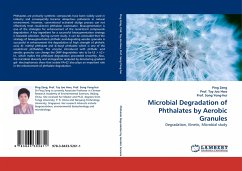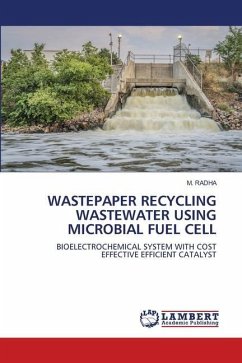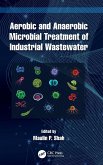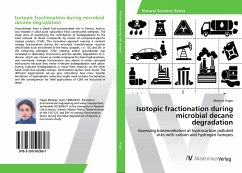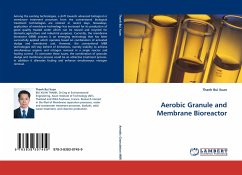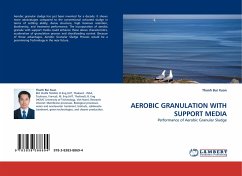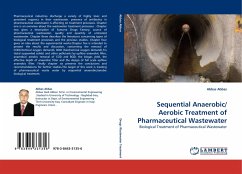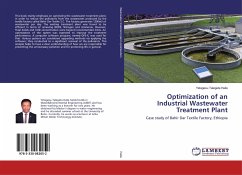Phthalates are primarily synthetic compounds have been widely used in industry and consequently became ubiquitous pollutants in natural environment. However, conventional activated sludge process can not effectively treat recalcitrant phthalate wastewater. Bioaugmentation is one of the strategies for enhancement of the recalcitrant compounds degradation. A key ingredient for a successful bioaugmentation strategy is bioseeds selection. During current study, it can be concluded that the strategy of bioaugmentation phthalic acid-degrading aerobic granules is successful in enhancement the degradation of high strength of phthalic acid, di- methyl phthalate and di-butyl phthalate which is one of the recalcitrant phthalates. The enzyme introduced with phthalic acid aerobic granules can change the DMP degradation rate to be k3 k2 k1, which makes the phthalate degradation proceeded smoothly. Also, the microbial diversity and immigration analyzed by denaturing gradient gel- electrophoresis show that isolate PA-02 also plays an important role in the enhancement of phthalate degradation.
Bitte wählen Sie Ihr Anliegen aus.
Rechnungen
Retourenschein anfordern
Bestellstatus
Storno

